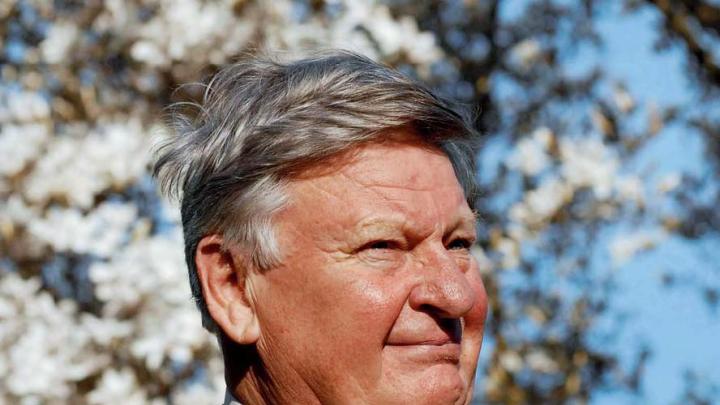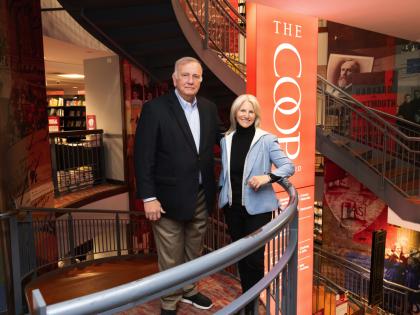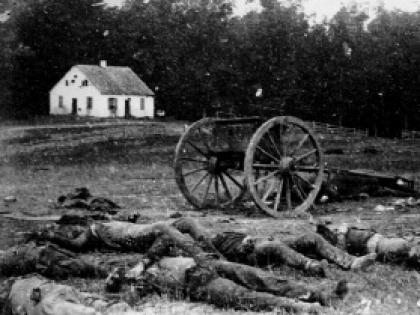Peter Shaw Ashton, Bullard professor of forestry emeritus, went to Tokyo in April to collect his Japan Prize in the presence of Their Majesties the Emperor and Empress of Japan and about a thousand others at a grand event. The honor came with a cer tificate of merit, a commemorative medal, and 50 million yen (about $415,000).
The Science and Technology Foundation of Japan, a privately funded organization, awarded the prize last January in the category of “Science and Technology of Harmonious Co-Existence.” Ashton “highly deserves” it, said fellow botanist Kunio Iwatsuki, chairman of the panel that chose him, “for his long-term contribution to solving the conflict between humanity and tropical forests through his tremendous research activities.” He “brought us enormous biological and ecological knowledge, indispensable for establishing the technology of the conservation and restoration of tropical forests.”
Of Ashton’s work with the Center for Tropical Forest Studies (CTFS), which he cofounded, the scientists of the foundation wrote in an appreciation, “To undertake such a major research project requires passion, dedication, and leadership—qualities that Dr. Ashton possesses in abundance. Since the late 1980s, he has worked tirelessly convincing the world of the need for an effective survey [of tropical forests], collecting funds to finance the survey, getting the survey up and running, nurturing young researchers, and devoting himself fully to the project.”
On his way back home to England after the celebration in Japan, Ashton stopped at the Arnold Arboretum for a gala thrown by his colleagues there. They took the occasion to announce that they will raise a major endowment fund “to permanently secure the future of the arboretum’s cutting-edge Asian Tropical Forest research program.” Specifically, the Mary and Peter Ashton Fund for Asian Tropical Forests—launched by a gift from the Ashtons—will support research training in Asian forest biology at the sites of the CTFS Asia network for in-country students and students fromHarvard, Yale, Kyoto, Osaka City, and Aberdeen Universities. (Of the Ashton children—Mark, Mellard, and Rachel—Mark is professor of silviculture and forest ecology at Yale, a chip off the old block.)
“I was so happy that it wasn’t just humanity and nature the Science and Technology Foundation spoke of,” the old block told this interviewer, “but it was myself as an individual and my Asian colleagues who were harmoniously coexisting. The last sentence of the foundation’s statement was very touching to me: ‘He has gained a glowing reputation among fellow Japanese researchers as “the most trustworthy of all fellow scientists….”’”
The leadership for which the Japanese honored Ashton was in two things: developing the network of forest plots through collaboration with his colleagues in the tropics, and encouraging the open sharing of data among researchers. In his short, sweet speech accepting his prize, Ashton made clear, “What successes I have had have always been as part of a team….”









